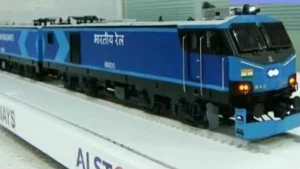Have you ever heard grown-ups talk about something called a tariff or tariff tax? It might sound a bit confusing, but don’t worry — we’ll explain it in a super simple way!
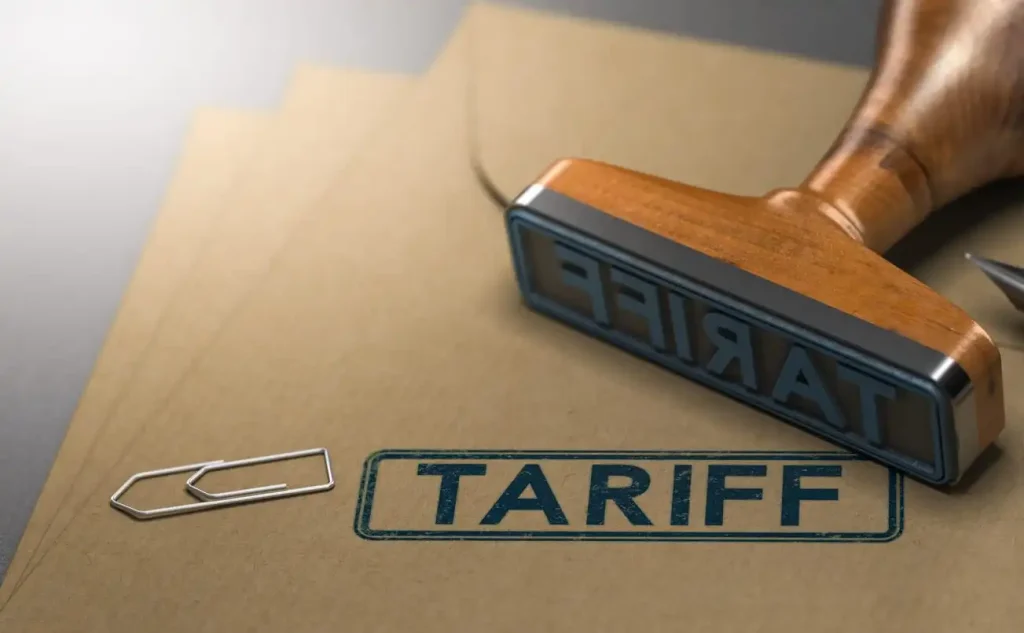
Buying and Selling Between Countries
Countries around the world buy and sell things to each other. This is called international trade. For example, India might sell tea to the UK, and the UK might sell toys or chocolates to India.
Now, when something is bought from another country, the government may add extra money on top of the price. This extra money is called a tariff.
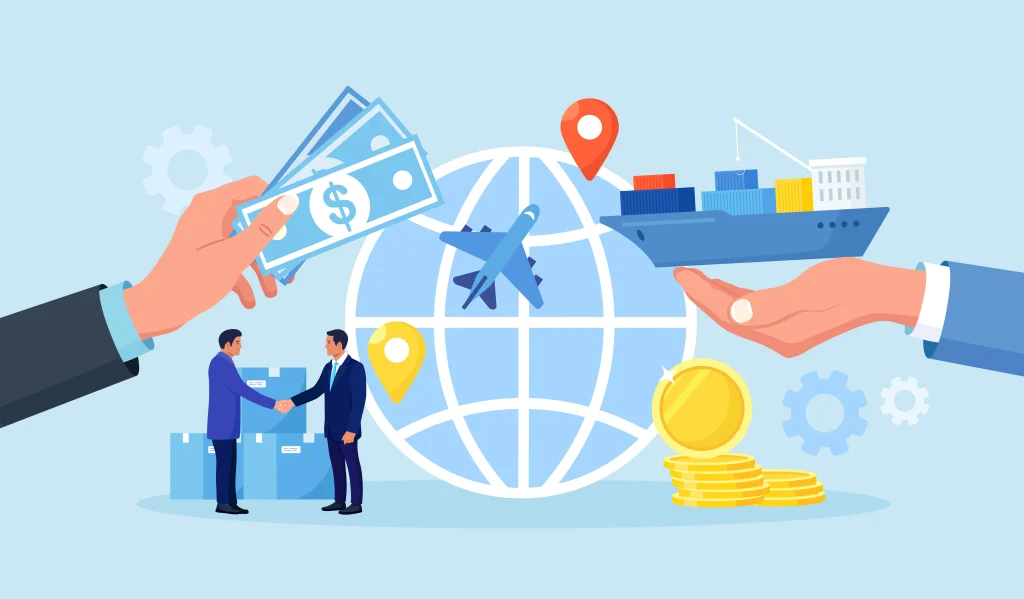
Why Do Governments Use Tariffs?
There are a few reasons why countries use tariffs:
- To protect local businesses – If imported products are too cheap, local companies may not be able to compete. Tariffs make foreign products cost more, so local ones can sell better.

- To earn money – The extra money from tariffs goes to the government and can be used to build schools, roads, and hospitals.

- To encourage people to buy local – By making imported items more expensive, people might choose to buy things made in their own country.

A Simple Example
Let’s say a toy from another country costs ₹100. If India puts a 20% tariff on it, the toy would now cost ₹120 in shops. That ₹20 goes to the Indian government.
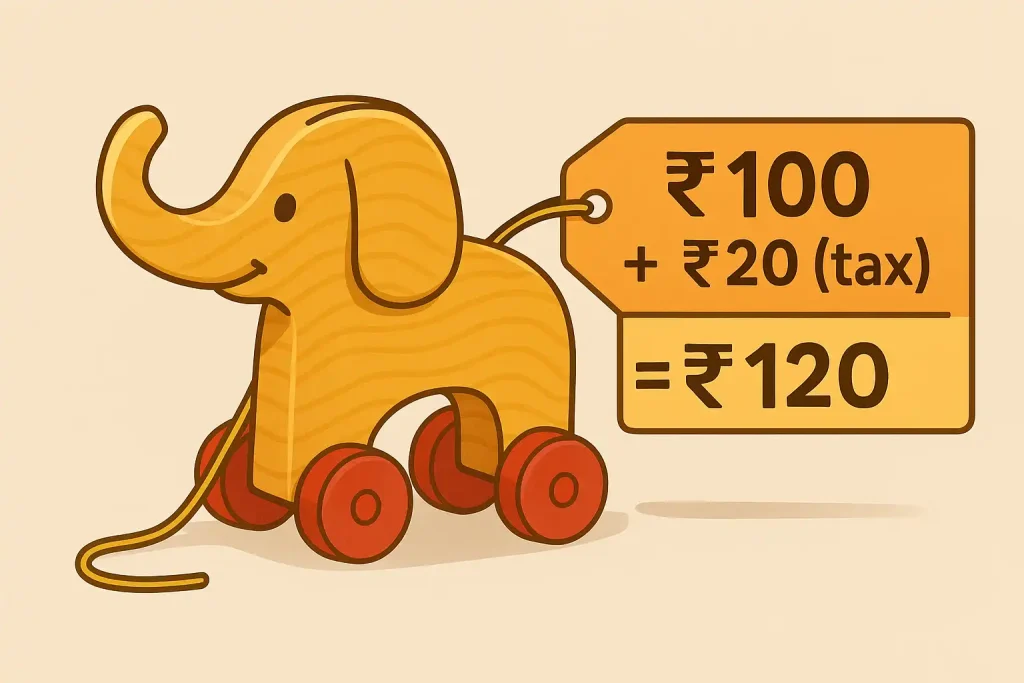
Are Tariffs Good or Bad?
It depends! Tariffs can help local businesses, but they can also make things more expensive for customers. Countries often have to work together to make sure trade is fair.

What is Import Duty?
Have you ever ordered a cool toy or gadget from another country and wondered why it costs more than expected? That’s where import duty comes in!
Import duty is a special kind of tax that a country charges when goods are brought in from another country. It’s like a fee paid to the government to bring products across the border. So, if someone in India wants to buy chocolates from Switzerland or mobile phones from Japan, they might have to pay import duty.

Why do countries have import duties?
Import duties help in a few ways:
- Protect local businesses: If foreign products are too cheap, local companies may not be able to compete. Import duty makes sure prices are fair.
- Earn money: The government uses the money from these duties to build things like roads, schools, and hospitals.
- Control what comes in: Some goods may not be safe or allowed, so higher duties can help limit their entry.
Are all items taxed the same?
Nope! Different items have different rates. For example, clothes might have a lower duty, while luxury cars might have a much higher one. The duty depends on what the product is, how much it costs, and where it’s coming from.
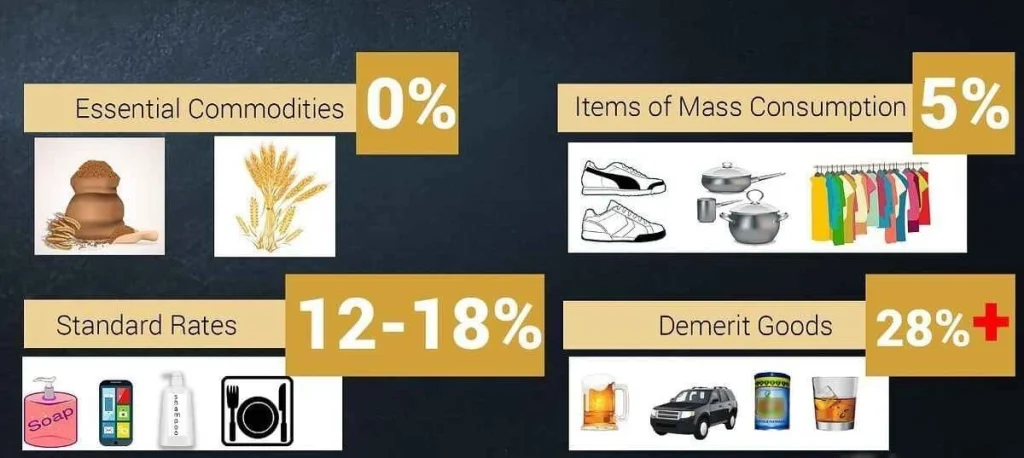
How Does International Trade Work?
Have you ever wondered how bananas from Ecuador, toys from China, or chocolates from Switzerland end up in your local shop? That’s all thanks to international trade — when countries buy and sell goods and services to each other.
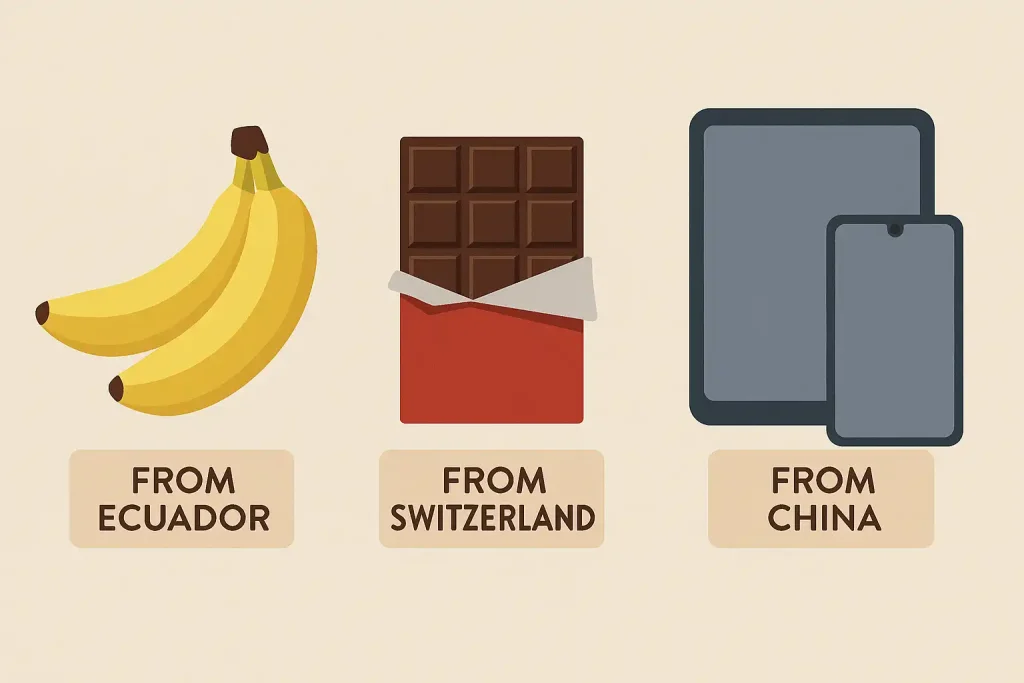
What is International Trade?
International trade means exchanging products and services between countries. One country might have lots of oil, while another grows yummy coffee beans. By trading, both can enjoy things they don’t have themselves!
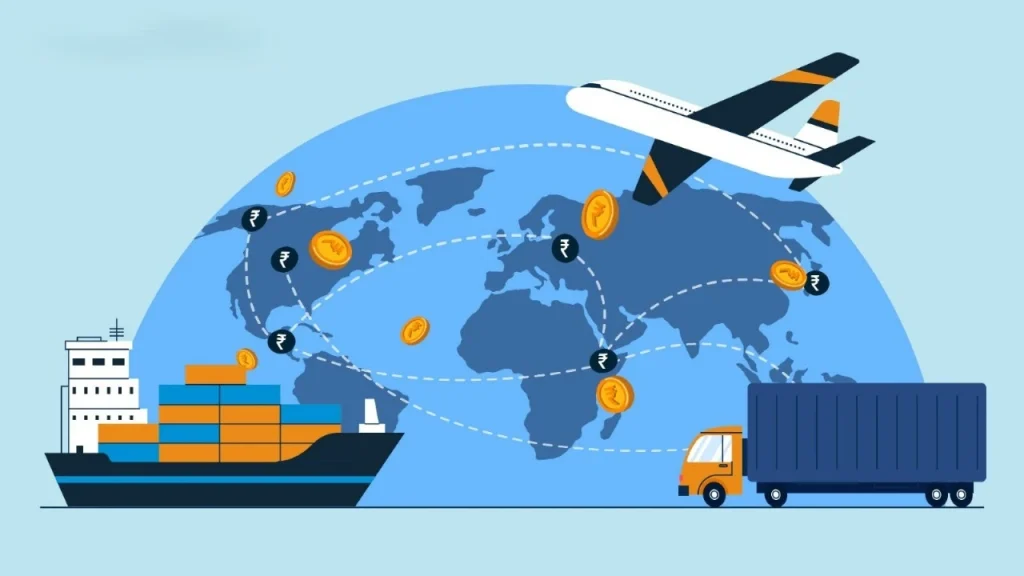
How Does It Work?
Imagine two countries — Country A has delicious apples, and Country B has fine wool. If Country A wants wool and Country B wants apples, they can trade! This way, everyone gets what they need.
Here’s how it usually works:
- Exporting – Selling goods to another country.
- Importing – Buying goods from another country.
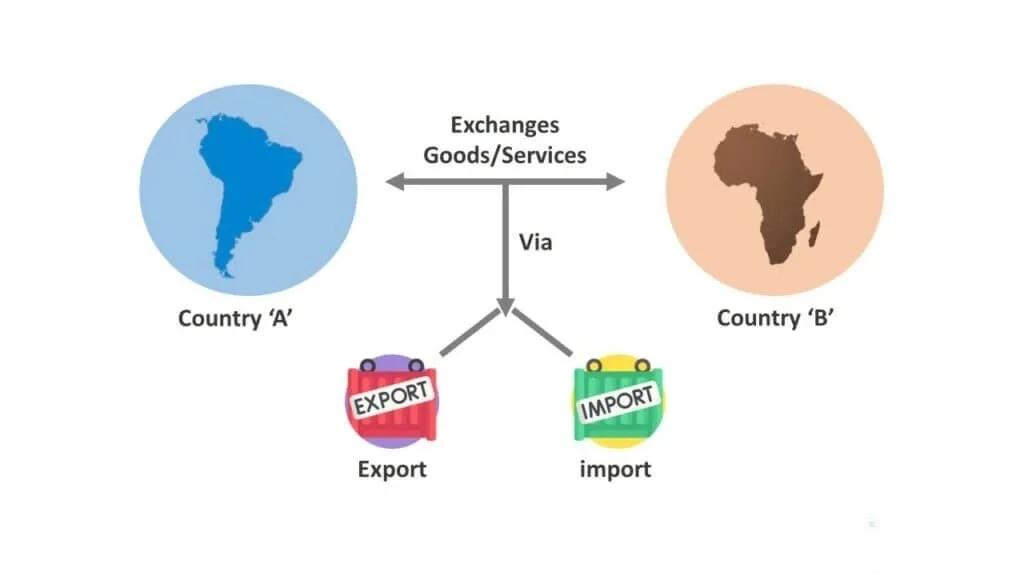
For example, India might export spices and textiles, and import electronics and fuel.
Countries use ships, planes, trucks, and trains to move goods across borders. They also use money or trade deals to make sure it’s fair for everyone.
Why Is It Important?
- It gives people more choices.
- It helps countries grow their economies.
- It creates jobs for people around the world.

But countries must also work together fairly, follow trade rules, and protect their own workers and nature too.
What is Smuggling?
Have you ever heard the word smuggling in a movie or on the news and wondered what it means? Smuggling is when people secretly move goods or people from one place to another, usually across borders, without permission. It’s like sneaking something into or out of a country without telling the authorities — and it’s against the law!
Smuggling can involve many things — like money, gold, animals, food, or even clothes. Sometimes people smuggle things to avoid paying taxes, or because the items are banned in certain countries.

For example, some animals like parrots or turtles are smuggled because they are rare and expensive. This is very harmful because it can hurt the environment and endanger animals. People also smuggle fake items like designer bags or medicines, which can be unsafe to use.
Smugglers often hide items in clever ways — inside suitcases, secret car compartments, or even under their clothes. Authorities like customs officers and border police work hard to catch smugglers and stop illegal activities.
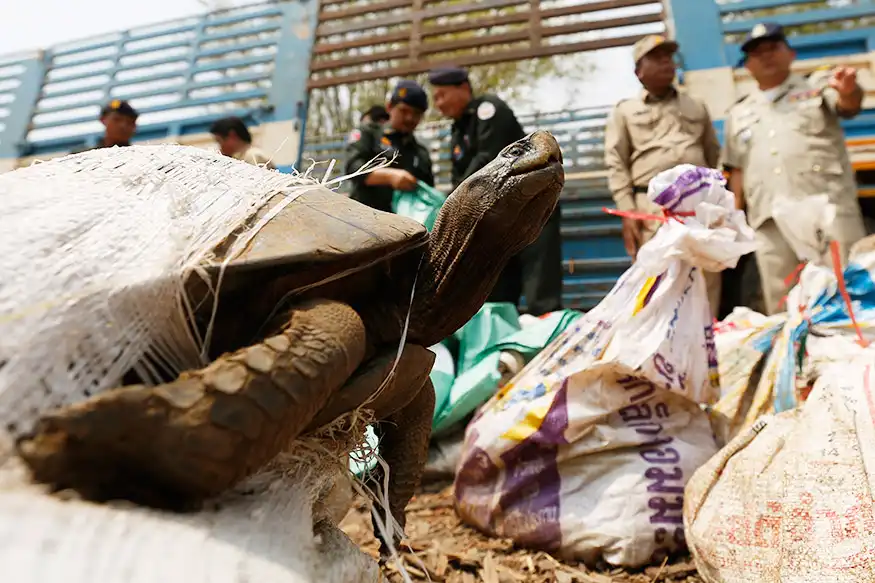
Did you know? Smuggling has been around for hundreds of years! In the past, people even hid tea and cloth in their clothes to avoid paying high taxes.
Why is smuggling bad?
Smuggling can:
- Hurt animals and nature
- Be dangerous to people’s health
- Take money away from governments (which is used for schools and hospitals)
- Help criminals do more illegal things

How Today’s Rules Affect Trade Between Countries
Have you ever traded snacks with your friends? One gives a chocolate bar, the other gives a packet of crisps. Countries do something similar! This is called international trade — where countries buy and sell goods (like toys, clothes, or even cars) to each other.
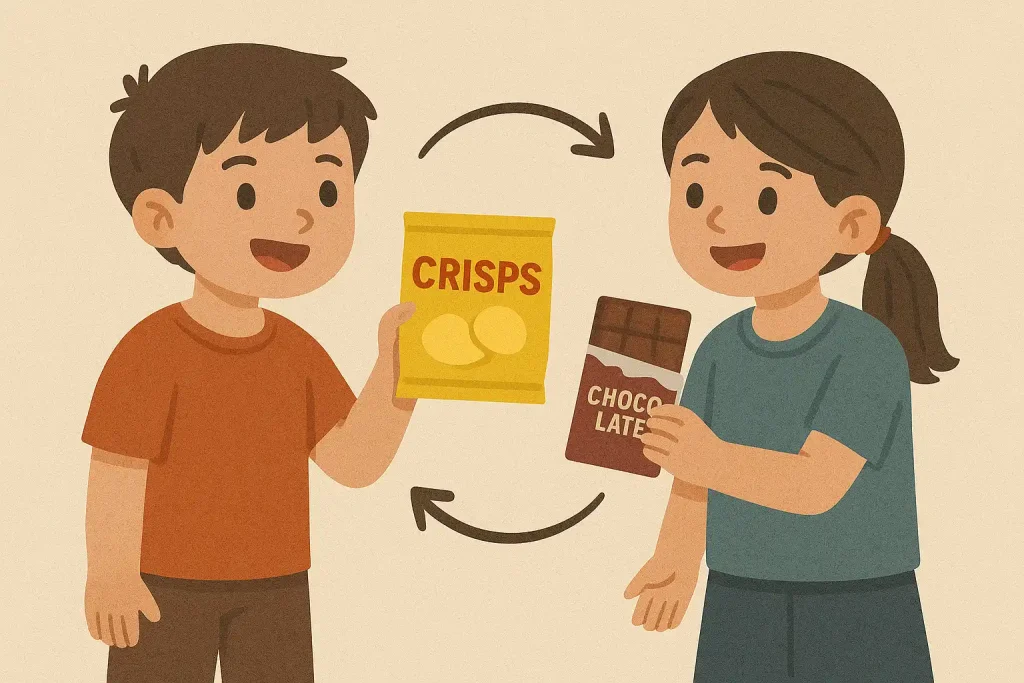
But just like school rules, countries also have rules called trade policies. These policies help protect their own businesses and workers. Right now, many countries are changing or making new rules, and that’s having a big effect on how they trade with others.
One common rule is called a tariff. It’s like an extra fee added to products from other countries. For example, if a country puts a tariff on imported phones, they become more expensive. This makes people more likely to buy phones made in their own country.
Another rule is a quota, which limits how much of a product a country can import. This can keep local businesses safe from too much competition.

However, too many rules can make trading harder. Some countries are choosing to work alone more (this is called protectionism), which can cause delays and make some products cost more. Others prefer to work together and make deals called trade agreements, which remove many of these barriers.

These changing policies affect what we see in shops, how much things cost, and even what jobs people do. So even though it might seem far away, international trade and its rules play a big part in our everyday lives!
Why Is China Called “The Factory of the World”?
Have you ever looked at your toys, clothes, or even electronics and noticed the label “Made in China”? That’s because China makes a huge number of things that people use all around the world. In fact, China is often called “the factory of the world.” But why is that?
One big reason is that China has a lot of people—over 1.4 billion! This means there are many workers available for all kinds of factory jobs. Another reason is that wages (the money workers are paid) were once lower than in many other countries. This helped companies save money when making products.
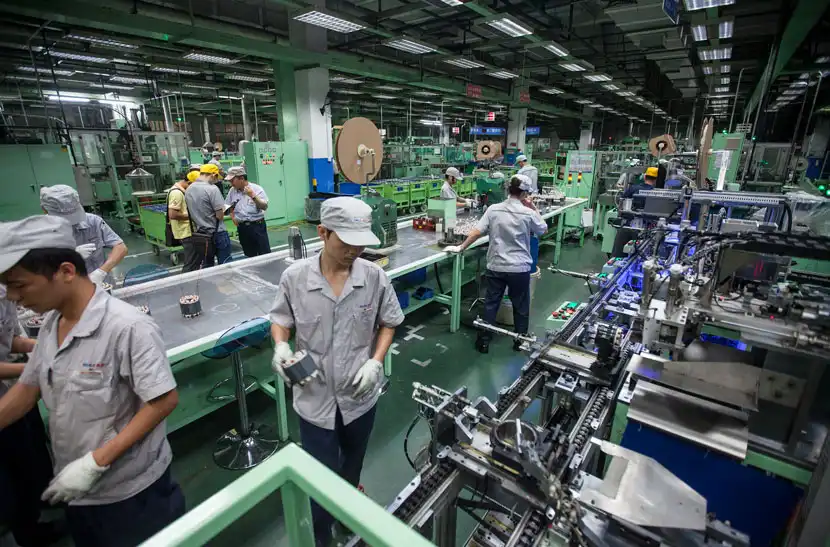
China also has great transportation systems, like fast trains, big ports, and good roads. This helps factories move raw materials in and ship finished products out quickly and cheaply.

The Chinese government has also helped by creating special zones for factories and businesses. These places have fewer taxes and simple rules, making it easier and cheaper to build things.
Plus, over the years, China has learned how to build things really well and really fast. From tiny computer parts to huge ships, Chinese factories can make almost anything.

So next time you pick up something with a “Made in China” label, you’ll know why—it’s all thanks to smart planning, hard work, and great factory systems!
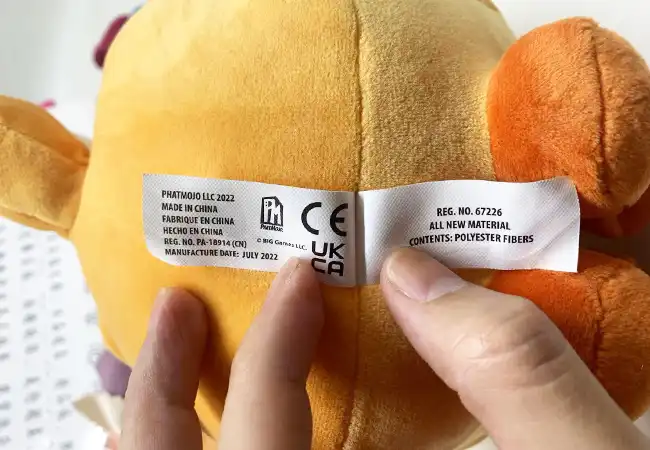
For more interesting articles, please visit www.kidzherald.com


